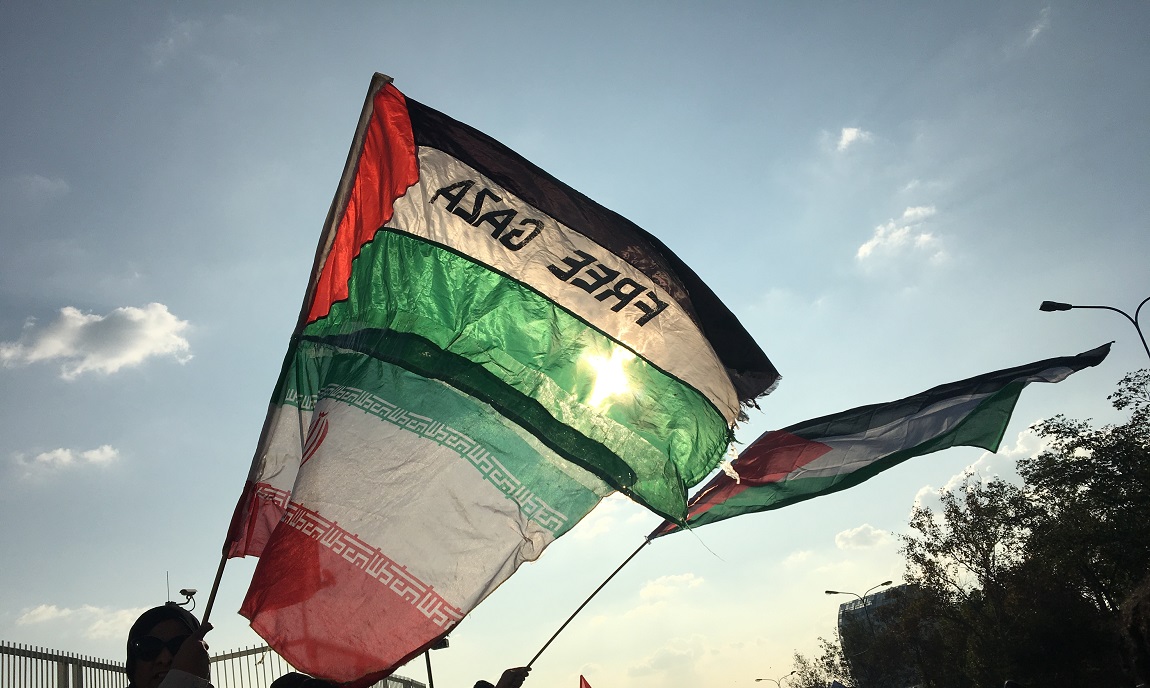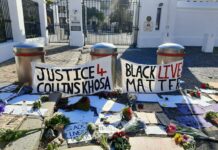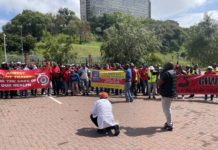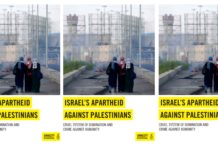Dr Said Al Namrouti is a Professor at the Islamic University of Gaza (IUG) where he teaches management sciences. He also holds a PhD from the University of Witwatersrand. He is currently in South Africa raising awareness about the current challenges faced by higher education in the Gaza Strip. Namrouti wants to to strengthening the relationship with universities in South Africa to find ways to help students at the universities.
You are aware of the difficult situation of the people in Palestine where we have been under occupation since 1948 for 70 years. Every aspect of our lives from cultural, economic, social and educational have been affected, and badly damaged by the occupation and their oppressive measures.
In terms of higher education, we as the Palestinian people are regarded as some of the most educated people amongst the Arab world, and in the world. We realise the importance of education, and that’s why we educate the new generation – strongly believing that education is one of the most important points we have against the daily occupation and oppression that we face.Through education, we can achieve our basic rights of education, dignity and freedom.
Due to the decline of economy and the 11-year-old siege imposed over the Gaza Strip, all of the higher education institutions are suffering. Students aren’t allowed to register and continue their studies because of their inability to pay their tuition fees. The other challenge we have is there is only four hours of electricity: how can a university student study, make reports and research while he only has four hours of electricity. The higher education situation is suffering because of the general situation in the Gaza Strip. As lecturers at IUG this will be the fifth year that we only get paid half of our salary as we are totally dependant on student’s tuition fees who are unfortunately unable to pay.
In general, people in Palestine suffer under the occupation. In Gaza we have bombing everyday with just recently three kids under 13-years-old being bombed because they were playing on the border. Five people were killed and 200 were seriously injured last Friday, and many more since we started The Great March of Return. Every aspect of our life is difficult with bombings very day, restricted mobility and many martyrs and injures.
Gaza is a very thin area and is regarded as one of the most densely populated regions in the world. There is only one access which is the Rafah border between Gaza and Egypt. That has been opened at least but from the Israeli side there is a complete restriction of movement of the majority of the population.
We are proud to be Palestinians because we keep on with the struggle to get our dignity and our freedom back. I was born under occupation. I got married and had kids, they got married and had kids and I am now a grandfather but the occupation is still there. Despite all these difficulties we still stand on our feet. We believe if we keep with the education process, we can contribute to the freedom of our Palestinian state. To be Palestinian is a symbol of struggle and we will keep doing what we can to live in peace and dignity.
The South African government and the people here are our most important supporters and we highly appreciate it. We hope that this support will continue in the future until Palestine is free. The support for Palestine is not only about money but it is also cultural and, media support and raising awareness so that people know what is going on. We expect a lot of social and cultural, and financial support.
This interview has been edited for clarity and brevity.









